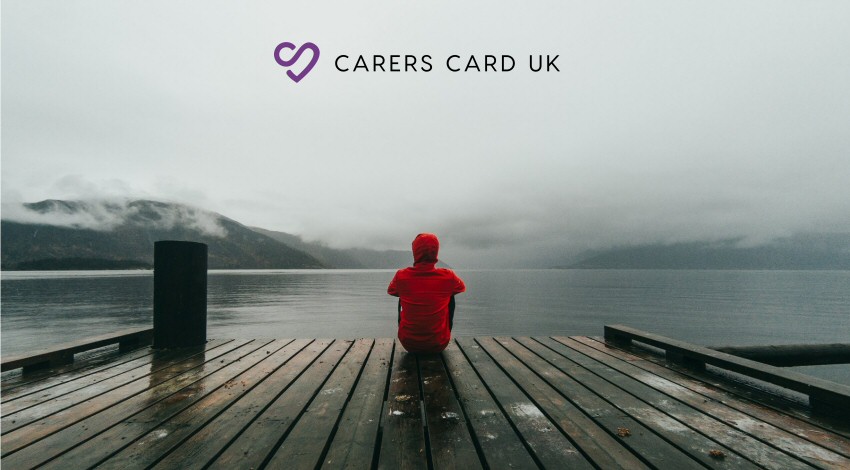Dealing with loneliness when caring for a loved one
Dealing with loneliness while caring for a loved one can be a difficult and challenging experience. It's important to approach this topic with thoughtfulness, compassion, and a focus on self-care. Here are some considerations to help you navigate feelings of loneliness.

Acknowledge your emotions
Recognise that it is normal to feel lonely despite being in a caregiving role. Caregiving can be demanding and isolating, especially when it consumes much of your time and energy. Validate your emotions and allow yourself to feel them without judgment.Seek support networks
Reach out to others who understand your situation, such as support groups, online communities, or local organisations for caregivers. Connecting with individuals who share similar experiences can help combat feelings of isolation and provide emotional support.Foster social connections
Prioritise maintaining social connections outside of your caregiving role. Schedule regular time for social activities or hobbies that bring you joy and allow you to interact with others. This can include meeting friends, joining social clubs, or participating in community events.Communicate your feelings
Share your feelings of loneliness and isolation with trusted friends, family members, or support networks. Expressing your emotions can help alleviate the burden and provide a sense of relief. They may offer empathy, support, or practical assistance.Consider respite care
Explore options for respite care, which provides temporary relief from caregiving responsibilities. This allows you to take breaks, pursue personal interests, or spend time with loved ones, reducing feelings of loneliness and offering an opportunity for self-care.Practice self-care
Prioritise self-care activities that promote your well-being and help combat loneliness. Engage in activities that bring you joy, such as exercise, hobbies, mindfulness, or creative outlets. Taking care of your own physical, emotional, and mental health is essential to cope with feelings of loneliness.Seek professional help
If feelings of loneliness persist and significantly impact your well-being, consider seeking professional help. A therapist or counsellor can provide guidance, tools, and strategies to address loneliness and develop coping mechanisms tailored to your specific situation.Explore technology and virtual connections
Utilise technology to connect with others, especially if in-person interactions are limited. Video calls, social media platforms, or online communities can offer opportunities for connection, support, and companionship.Remember, it's essential to prioritise your own well-being and address feelings of loneliness while caregiving. By seeking support, fostering social connections, and practicing self-care, you can enhance your overall emotional well-being and find ways to navigate the challenges of loneliness in your caregiving journey.
Posted: 15/05/2024
